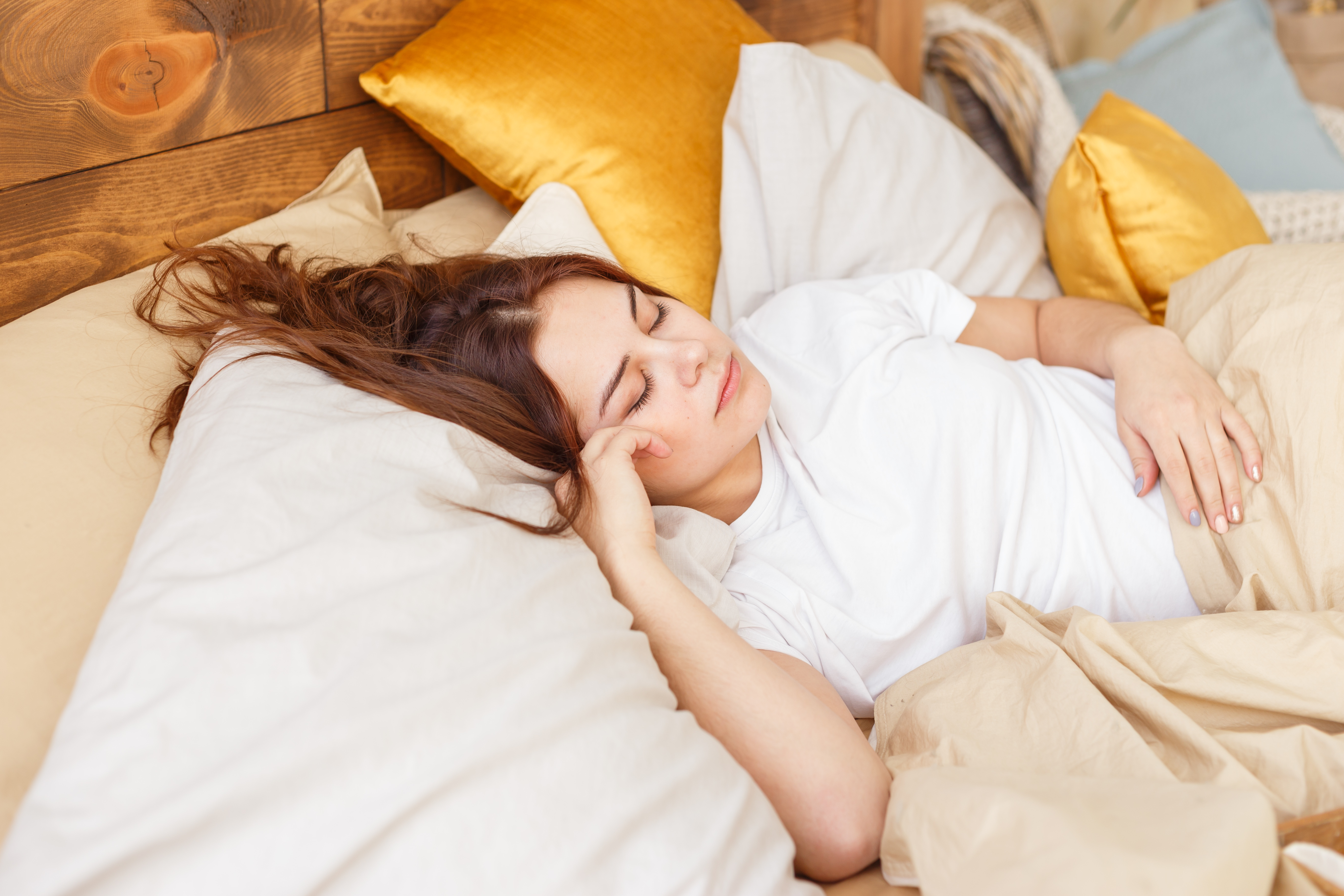Micro-Awakenings: The Hidden Sleep Disruptions Secretly Stealing Your Rest
In the quest for a good night's sleep, many of us have encountered the puzzling phenomenon of waking up feeling unrested despite clocking in the recommended hours of slumber. A lesser-known culprit behind this pervasive issue is the occurrence of micro-awakenings—brief interruptions in sleep that often go unnoticed. These fleeting awakenings can fragment the sleep cycle, leaving us groggy and tired. This article delves into the intricacies of micro-awakenings, exploring their causes, effects, and potential solutions. By understanding and addressing these disruptions, we can reclaim the restorative sleep our bodies and minds desperately need.
1. Understanding Micro-Awakenings: What Are They?

Micro-awakenings are brief, often subconscious arousals that occur during sleep. Typically lasting only a few seconds, they are not usually remembered upon waking. These interruptions can happen multiple times throughout the night and are a natural part of the sleep cycle. However, when they become frequent, they can significantly impact the quality of sleep. Unlike full awakenings, which are noticeable and often lead to a conscious awareness of being awake, micro-awakenings may not reach the level of full consciousness but still disrupt the continuity of sleep cycles, particularly the deep and REM stages that are crucial for restorative rest.
2. The Science Behind Sleep Stages and Micro-Awakenings

To comprehend the impact of micro-awakenings, it's essential to understand the sleep cycle, which comprises several stages: light sleep, deep sleep, and REM (Rapid Eye Movement) sleep. Each stage plays a vital role in physical and mental recovery. Micro-awakenings can disrupt these stages, particularly deep and REM sleep, which are critical for memory consolidation, emotional regulation, and physical recovery. Frequent interruptions prevent the body from completing these cycles, leading to sleep fragmentation. This fragmentation can result in a lack of restorative sleep, leaving individuals feeling tired and unrefreshed despite spending sufficient time in bed.
